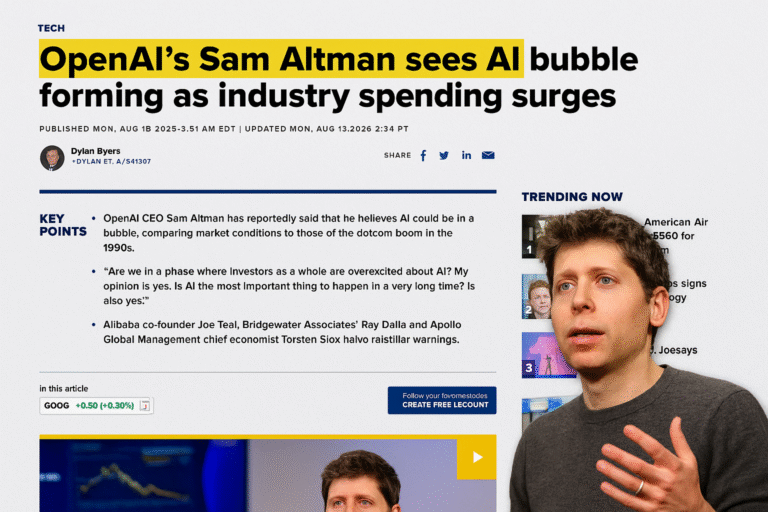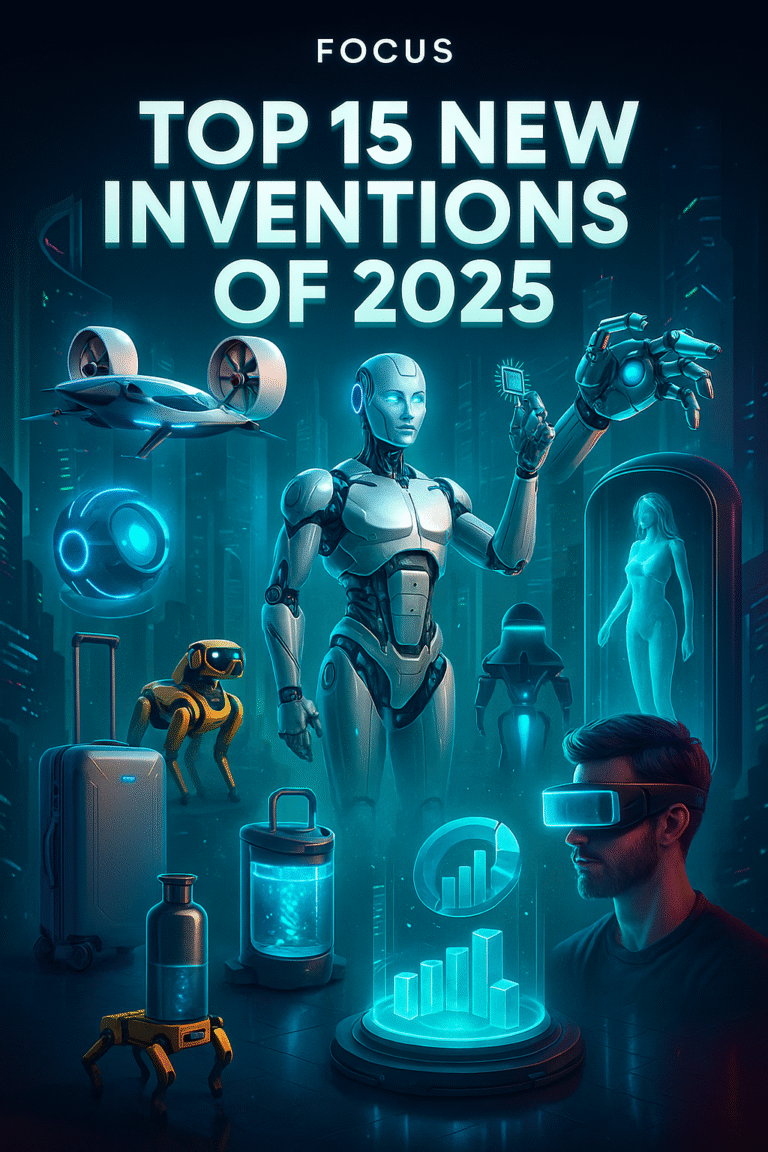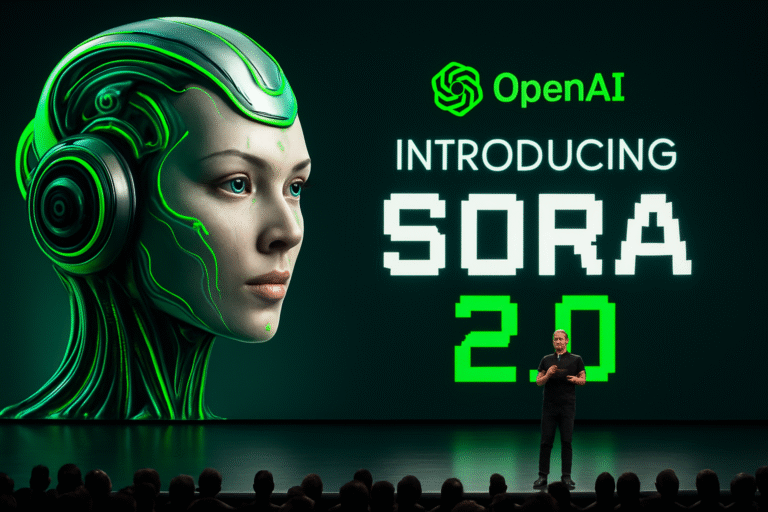
credit Microsoft
Microsoft Hires DeepMind Experts: A Major Power Shift in AI Industry
In a powerful move that shakes the core of the global AI industry, Microsoft hires DeepMind experts, absorbing 24 top minds from Google’s AI lab. At the helm of this talent shift is Amar Subramanya, who will now serve as Vice President of Generative AI at Microsoft. This strategic move not only reflects Microsoft’s aggressive ambition in AI but also signals a deep transformation in how tech giants are positioning themselves in the AI arms race.
Why This Hiring Spree Matters for Microsoft
By onboarding these 24 DeepMind engineers and scientists, Microsoft is gaining not just human capital but deep intellectual property and institutional AI wisdom. DeepMind, a subsidiary of Alphabet (Google’s parent company), is known for pioneering developments like AlphaGo, AlphaFold, and other cutting-edge AI frameworks.
This exodus of talent towards Microsoft shows a shift in confidence from researchers who previously led transformative projects at Google’s DeepMind. Microsoft, with its heavy investments in OpenAI and Azure AI infrastructure, is now seen as a front-runner in applied generative AI.
Amar Subramanya: Microsoft’s New Generative AI VP
Among the recruits, Amar Subramanya is perhaps the most significant. A seasoned AI leader, Subramanya played key roles at both DeepMind and Google Research. He brings to Microsoft years of experience in language modeling, deep learning, and product-focused AI innovation.
Subramanya will lead teams focused on enhancing Microsoft’s Copilot, Azure AI, and enterprise-grade generative tools, ensuring that Microsoft’s generative AI ecosystem keeps evolving beyond the capabilities of Google Gemini and Amazon Bedrock.
Strategic Goals Behind the DeepMind Talent Acquisition
1. Strengthen Generative AI Tools
With OpenAI as its close collaborator, Microsoft is already a dominant force in LLMs and generative tools like GitHub Copilot, Microsoft 365 Copilot, and Azure OpenAI services. The inclusion of DeepMind’s veterans further boosts its competitive edge.
2. Internal AI Research Acceleration
Instead of relying entirely on external partners like OpenAI, Microsoft is building in-house expertise that can drive long-term innovation. These former DeepMind experts are likely to initiate proprietary models, research arms, and internal platforms exclusive to Microsoft.
3. Talent Diversification
Unlike earlier times when Microsoft was heavily enterprise-focused, this talent shift shows its evolution into a core AI innovator. By bringing in minds from a research-first organization like DeepMind, Microsoft ensures balance between theory and application.
What This Means for Google and DeepMind
The fact that 24 DeepMind professionals have left for Microsoft is not just a win for Redmond—it’s a red flag for Google. It raises concerns over talent retention, vision alignment, and leadership confidence inside Alphabet.
Google has heavily invested in its Gemini AI platform, and DeepMind continues to be a cornerstone of that effort. However, when core contributors migrate, it potentially slows momentum and invites scrutiny over internal strategies.
This shift may force Google to rethink its AI strategy and improve internal collaboration between Google Brain and DeepMind, or risk losing further ground in the generative AI race.
Implications for the AI Ecosystem
1. AI Talent Wars Intensify
This move marks the beginning of intense AI poaching, where top tech firms will fiercely compete for skilled AI professionals. As AI becomes foundational to every digital product, talent will become the real currency of innovation.
2. Open-Source vs Proprietary Development
Microsoft’s deeper involvement in internal research could result in more closed, enterprise-focused AI solutions, as opposed to open-source community contributions. This may fragment the AI landscape but accelerate proprietary breakthroughs.
3. Shaping AI Regulation and Ethics
By adding experienced AI thinkers to its bench, Microsoft also strengthens its position in global AI policy and ethics debates. DeepMind’s legacy includes responsible AI frameworks, which Microsoft can integrate into its governance models.
A Future Built on Generative Intelligence
With Amar Subramanya’s appointment and the addition of 23 other DeepMind veterans, Microsoft is preparing to define the next chapter of generative AI. From search and productivity tools to medical research and code generation, Microsoft’s reach is expanding.
This move isn’t just about technology—it’s about leadership, vision, and a clear statement of AI dominance. The DeepMind talent infusion places Microsoft on a trajectory where it can not only compete with, but possibly outpace, its AI rivals.
Conclusion
The announcement that Microsoft hires DeepMind experts is not just a personnel update—it’s a transformational moment in AI history. With Amar Subramanya leading from the front, Microsoft has positioned itself as a global leader in generative AI innovation.
As AI continues to reshape industries, the companies that attract the best minds will shape the future. And right now, Microsoft is winning that race.


